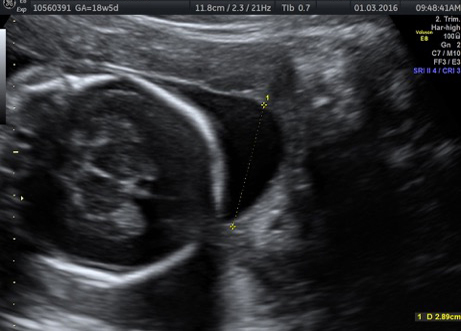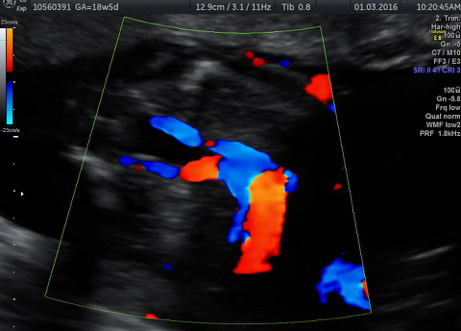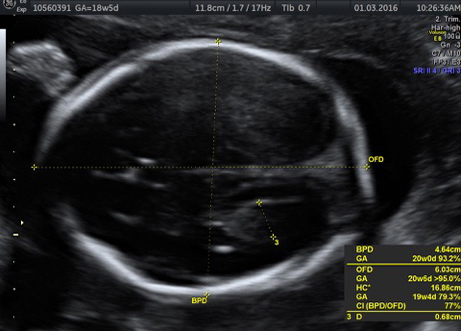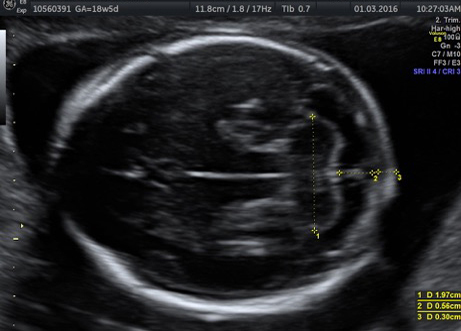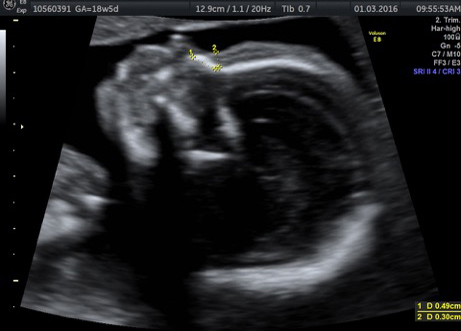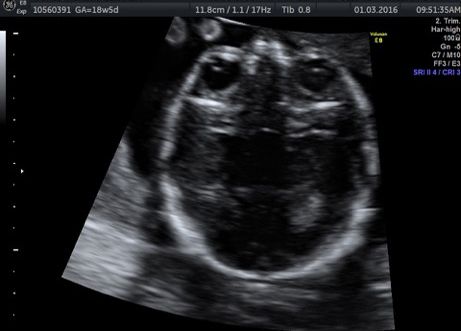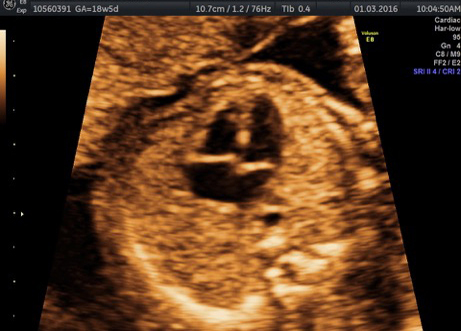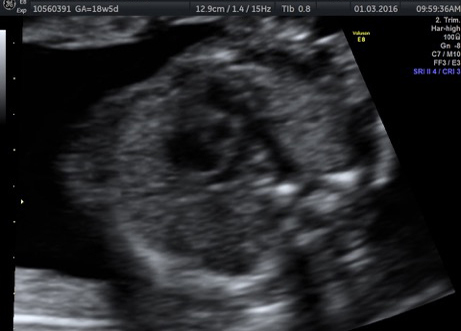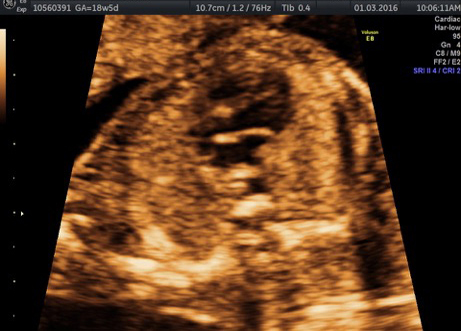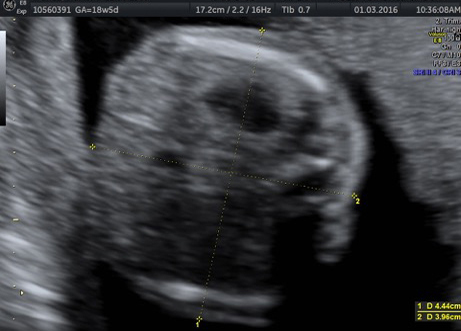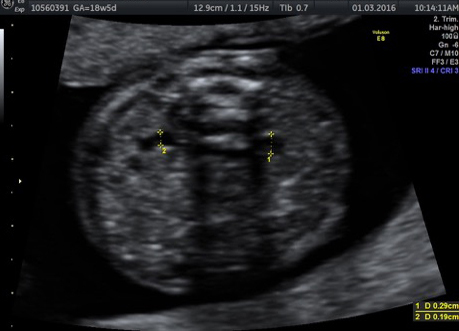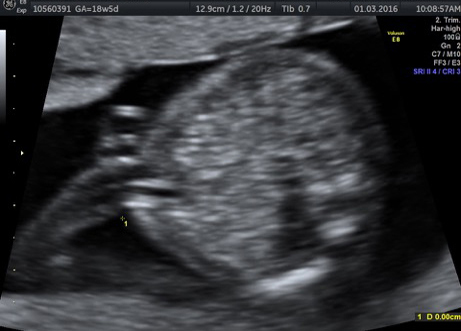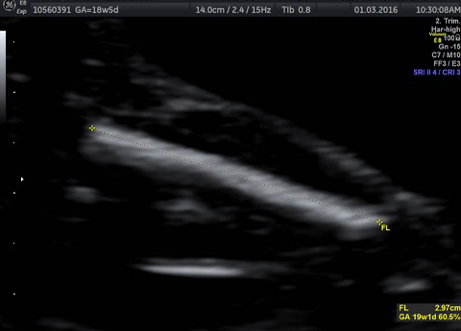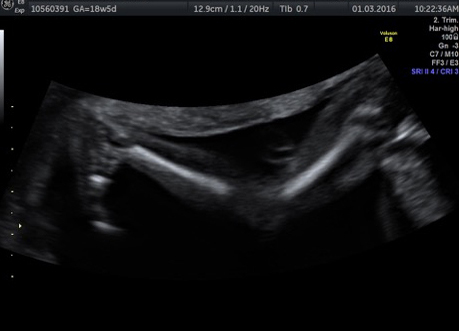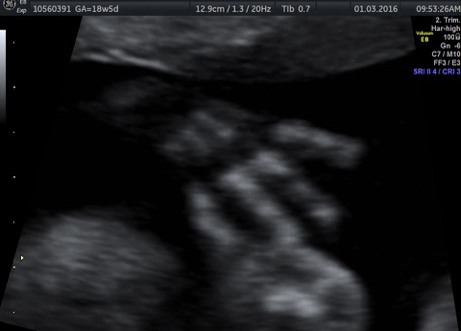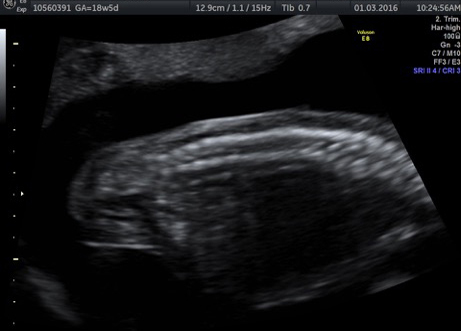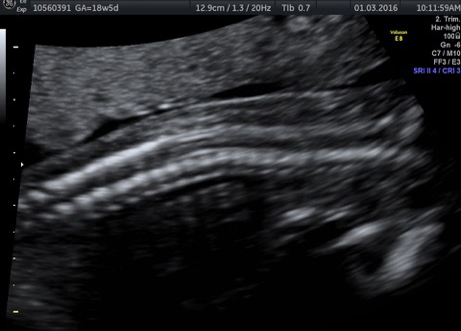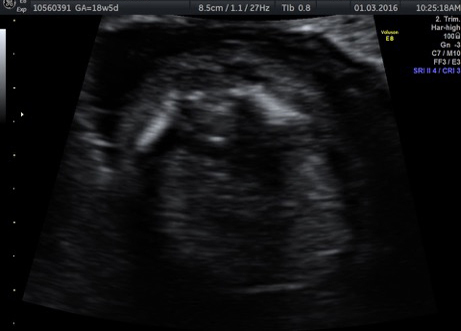Fetal cardiac arrhythmia, or irregular heartbeat, is common. Usually it is isolated and does not last. Less than 2 percent of fetal heartbeat irregularities are true cardiac arrhythmias. However, if cardiac arrhythmia is not diagnosed and treated it can lead to serious problems, including congestive heart failure.
By 16 weeks of pregnancy, the fetus’s heart is completely formed and beats at a rate of 110 to 160 beats per minute (bpm). Most arrhythmias are of one of the following types:
- Irregular heartbeat
- Bradycardia: Below 100 bpm
- Tachycardia: Above 180 bpm
The condition is often first noticed when the doctor listens to the fetal heartbeat around 10 to 12 weeks of pregnancy. Generally, the mother has no symptoms and notices no change in fetal movement. If an arrhythmia is suspected, further tests, including ultrasound, will be ordered.
Treatment varies depending on severity and type of arrhythmia..




